-
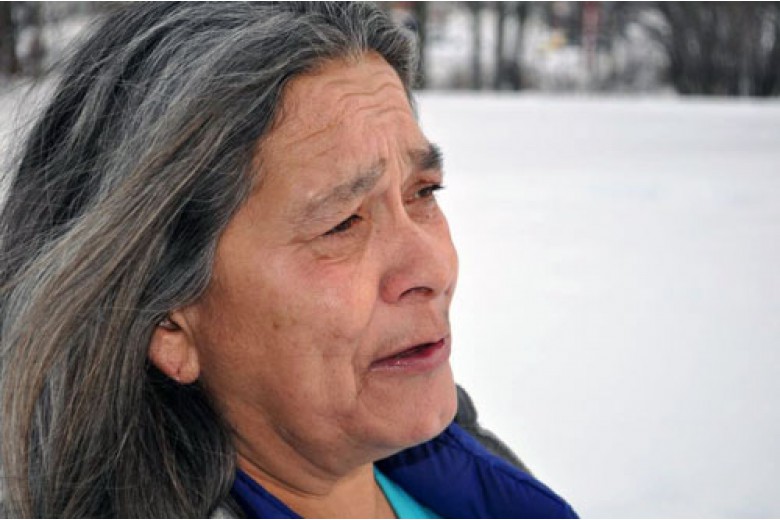
by Gavin Gardiner Jan 1, 2012 1 min read
-
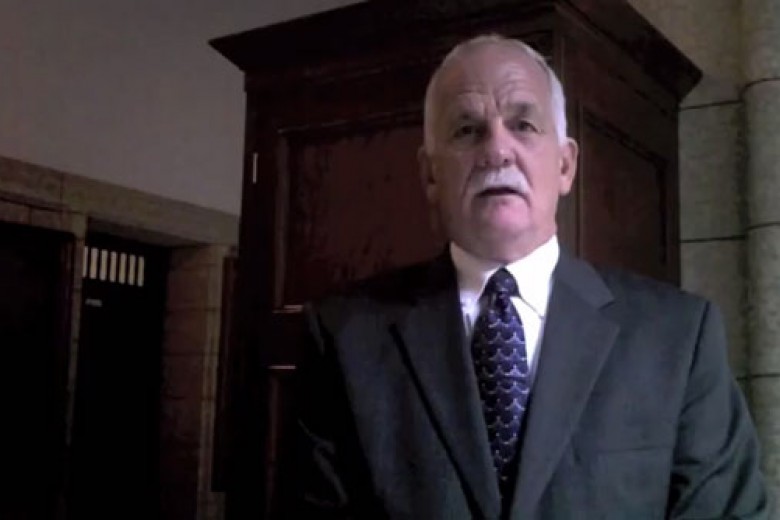
by Gens Hellquist Jan 1, 2012 3 min read
-
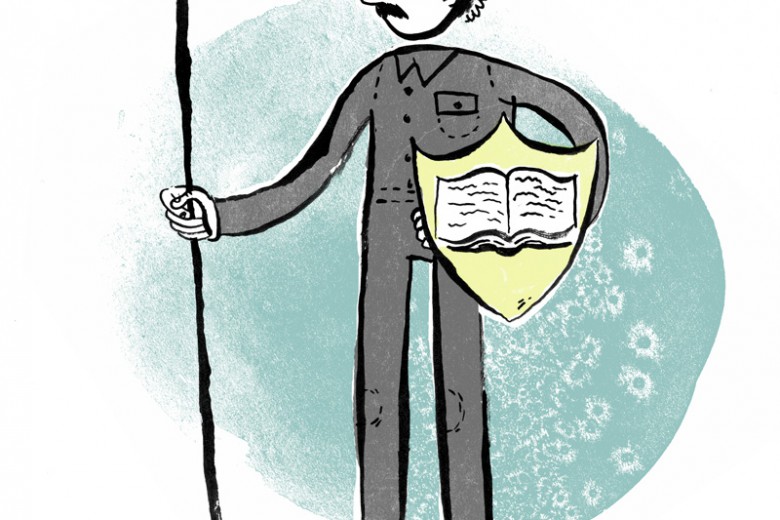
by Tracey Mitchell Nov 1, 2011 6 min read
-
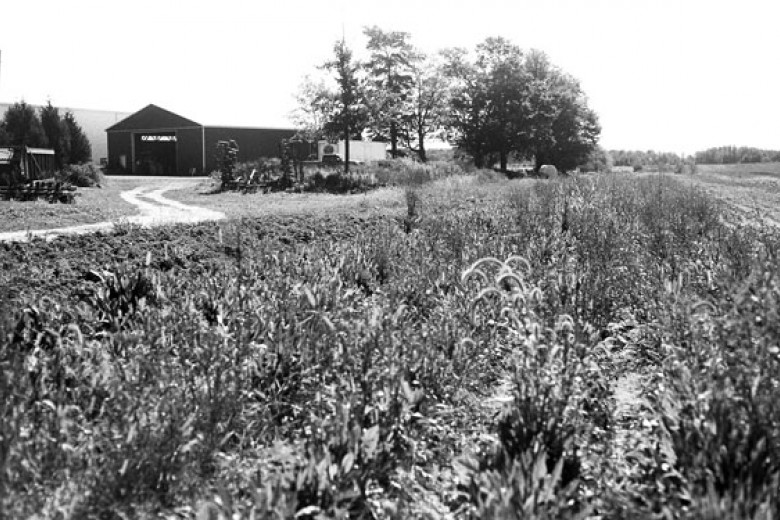
by Colleen Kimmett Sep 1, 2011 5 min read
-
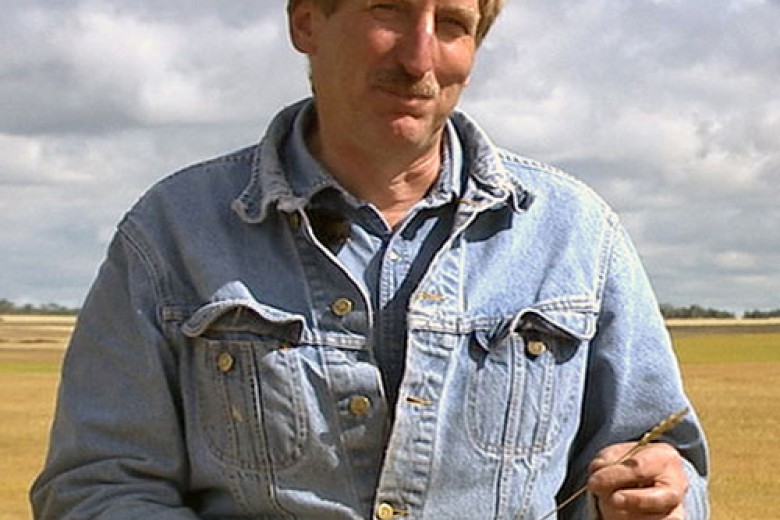
by Terry Boehm Sep 1, 2011 4 min read
-
_780_520_90_s_c1.jpg)
by Alan Sears and James Cairns Jul 7, 2011 8 min read
-
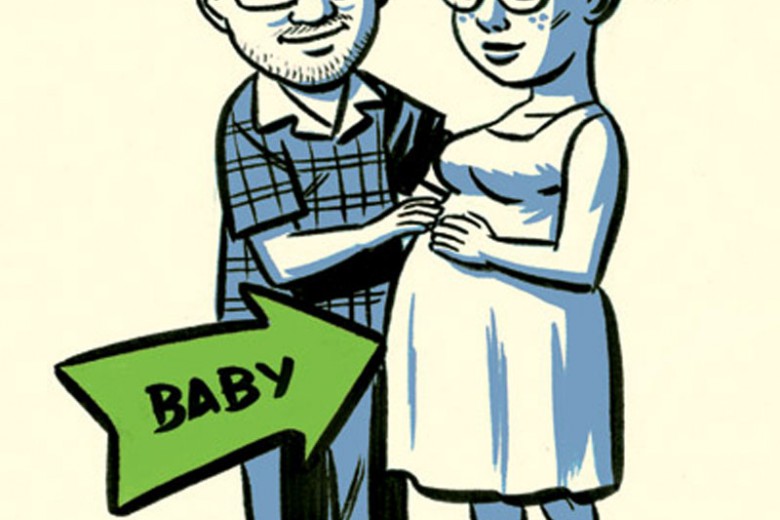
by Dave Oswald Mitchell Dec 1, 2008 4 min read
-
by Dave Oswald Mitchell Mar 1, 2008 4 min read
-
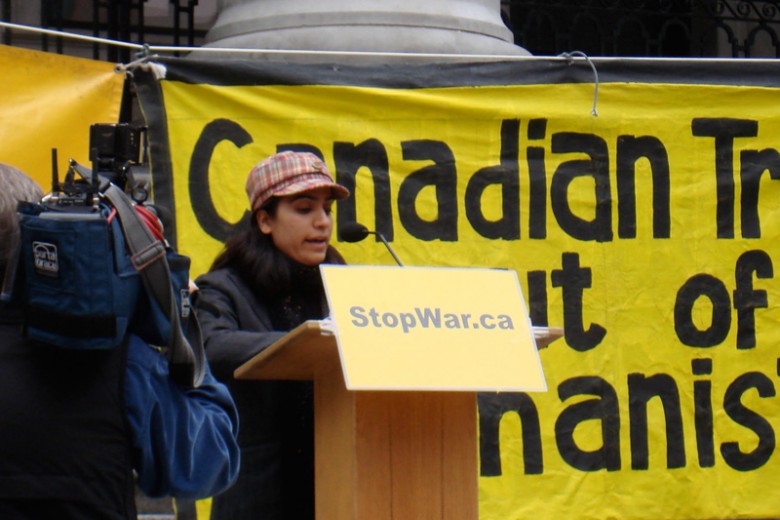
by Asad Ismi Mar 1, 2008 7 min read
-
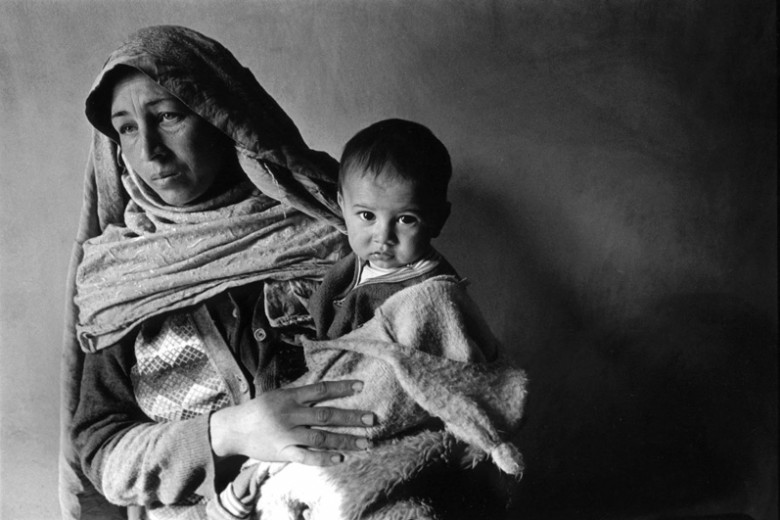
by Michael Skinner Mar 1, 2008 8 min read
-
by Barbara Barker and Tyler McCreary Mar 1, 2008 8 min read
-
by Roger Couvrette Nov 1, 2007 4 min read
-
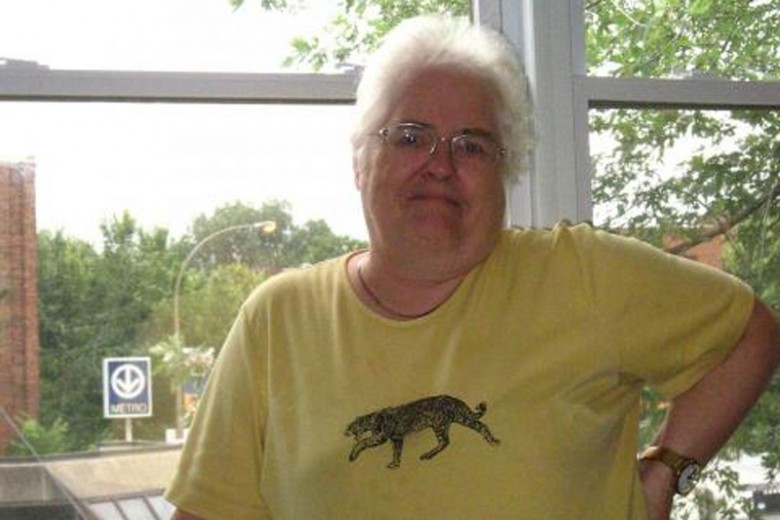
by Nov 1, 2007 5 min read
-
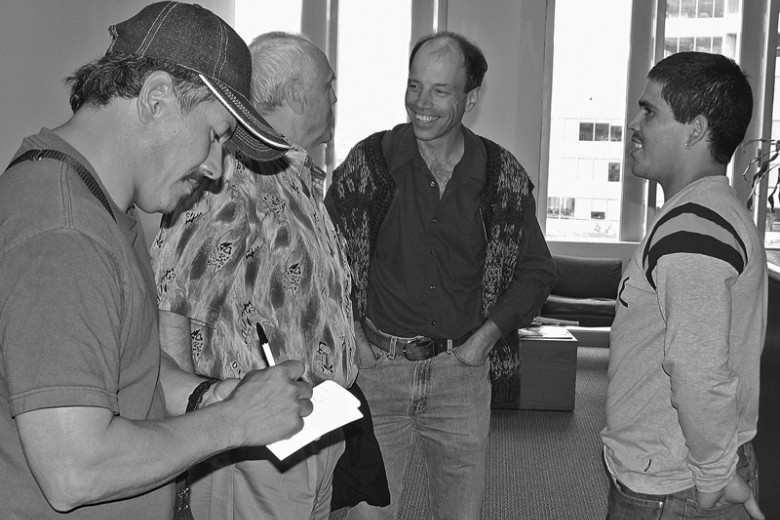
by Karl Flecker Nov 1, 2007 10 min read
-
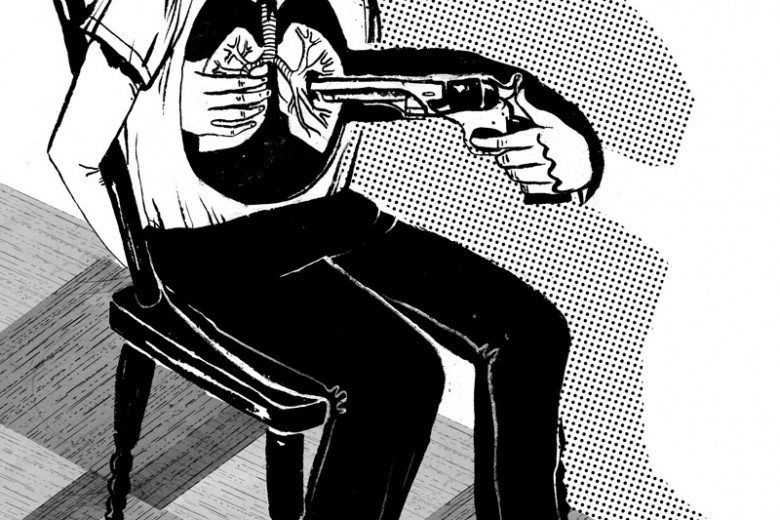
by Bob Sass Nov 1, 2007 8 min read
-

by Jim Mulvale Oct 24, 2007 13 min read
-
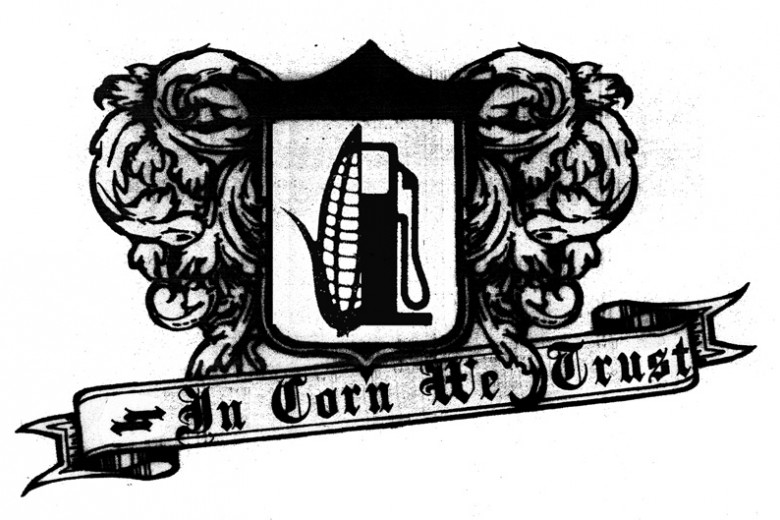
by Larry Powell Aug 1, 2007 8 min read
-
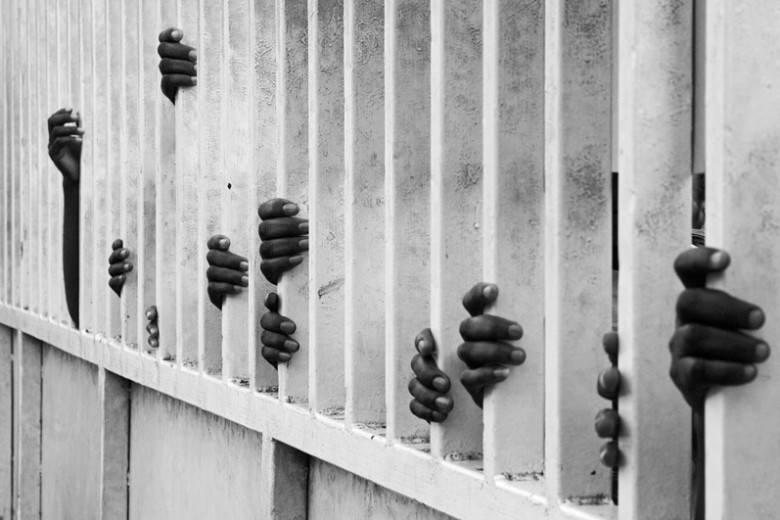
by Chris Scott Jul 20, 2007 19 min read
-
by Joyce Green Mar 1, 2007 3 min read
-
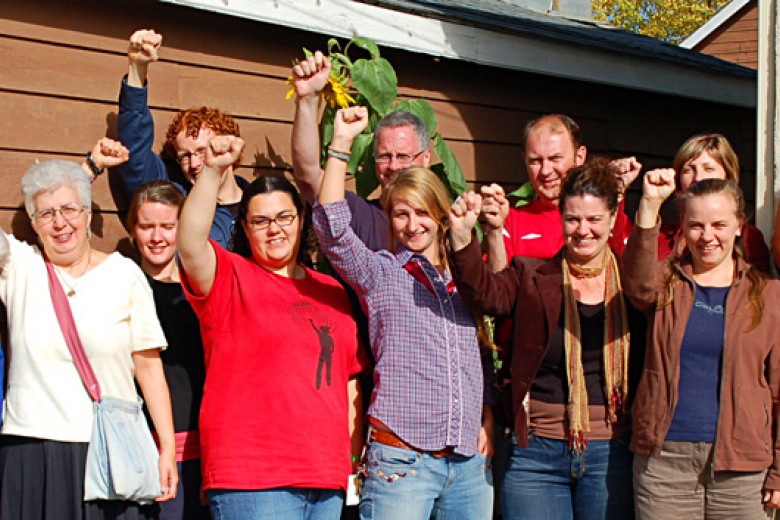
by Dave Oswald Mitchell Dec 1, 2006 5 min read





_780_520_90_s_c1.jpg)












